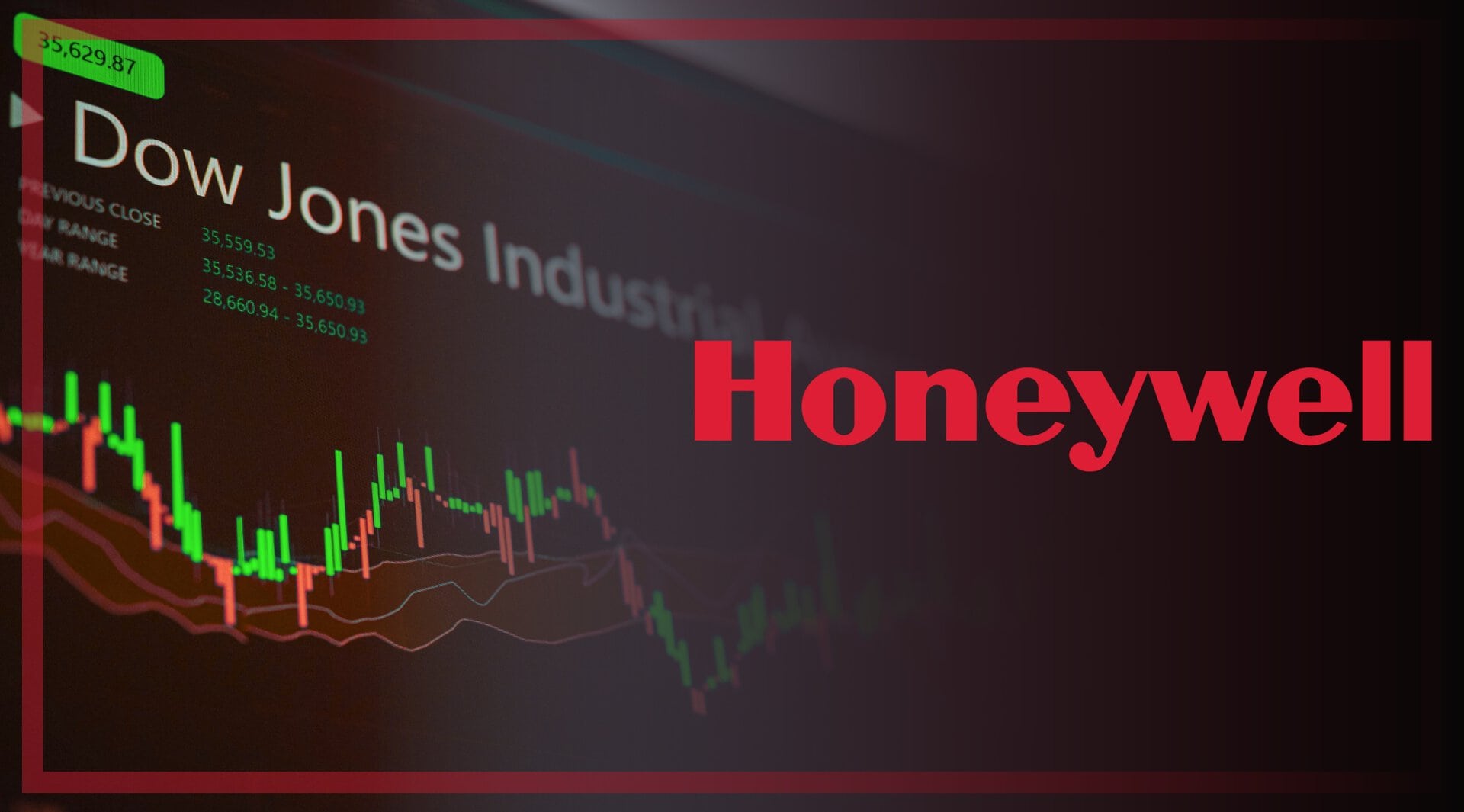They say that pride comes before a fall. In the case of Salomon Brothers – arguably the most celebrated financial trading firm of the 1980s – it wasn’t so much pride as greed that brought the kingdom down. That, and a willingness to break the law in the name of greed.
In this one-off feature special, DisruptionBanking takes a look at the rise and fall of Salomon Brothers, a bank founded by three siblings in 1910 that was eventually swallowed up by Citigroup in 2003. Once the go-to name in high-stakes Wall Street trading, by then it had dwindled to a monicker worth forgetting. The all-conquering kingdom had itself been conquered.
King Salomon’s Billions
In its heyday, Salomon was a kingdom worth taking notice of – assuming you’re the money-obsessive type. In 1997, when it merged with Smith Barney Holdings, Salomon’s assets were valued at an impressive $194.88 billion.
Unfortunately for Salomon, by then the kingdom had been revealed as well and truly corrupt. And if you’re the business-ethics-obsessive type, that unfortunately made Salomon worth taking notice of too.
What do you do when you receive an astronomical bonus?
— Mr Family Office (@MrFamilyOffice) March 5, 2024
Act disappointed
Lessons from 1980s Saloman Brothers:
"At the end of each year the people on the Salomon Brothers trading floor dropped whatever they were doing for a period of several weeks and traded their careers. What… pic.twitter.com/OyIZgLynUr
Mozer: the Man Who Brought Salomon Down
For the king of Wall Street had not come by its massive earnings entirely honestly. It all began to unravel when its now infamous boss John Gutfreund – who had presided over a macho corporate culture that encouraged risk-taking and extravagance – resigned over a bond bids scandal in 1991.
The latter was down to Paul Mozer, in charge of government bond sales for the firm, playing fast and loose with the bidding rules. Mozer subsequently pleaded guilty to three counts of violating federal limits on Treasury bond bidding, which netted Salomon an illicit 57 percent of the five-year quota of bond bids.
The legal limit for any single institution was 35 percent – Mozer bypassed this restriction by fraudulently using the names of two of Salomon’s client companies, Quantum Fund and Warburg Asset Management, to make bids on three separate occasions between 1990 and 1991.
Salomon’s King Failed to Act
Gutfreund was notified of Mozer’s wrongdoings in April 1991 – and in a move that was to bring him considerable notoriety, failed to take any action. This scandal led to Gutfreund stepping down as Salomon’s chairman to be replaced by Berkshire Hathaway tycoon Warren Buffet, who was anxious to keep his $700 million investment in the firm. The Securities and Exchange Commission (SEC) fined Salomon a hefty $290 million for its role in the scandal. As for the firm’s disgraced bonds managing director Mozer – he was sentenced to four months in prison.
In case you’re wondering why this was a jail-worthy offence, it’s because checks like the 35 percent ceiling exist to prevent big-time players such as Salomon taking a lion’s share and subsequently dictating the price of securities when they sell them on.
In other words, rules like this exist to level the playing field. It might even be fair to say that malpractice like Mozer’s – apparently connived at by Gutfreund – is precisely the kind of thing that gives capitalism a bad name.
Salomon’s Humble Beginnings
Of course, it wasn’t always thus. Salomon began life as a humble private family concern, founded by three brothers Arthur, Herbert, and Percy early in the 20th century.
Over the following decades it garnered a reputation for its innovative approach to trading bonds, which led to its first big watershed moment in 1970 when the US Treasury trusted Saloman to underwrite and trade its debt.
This led to Salomon listing as a public company, which was to mark the beginning of its tenure as a Wall Street powerhouse and ultimately led it into a self-inflicted downward spiral of perdition.
The man destined to be at the center of this riches-to-rags story was Gutfreund. Brought into the firm at entry level years previously by Billy Salomon, son of cofounder Percy, Gutfreund was anointed in 1978 to take the crown and succeed him as CEO.
Salomon’s new king was destined to take the firm to new highs – and lows.
He put in the work work and eventually became head of the equities trading desk:
— Frederik Gieschen (@FrederikNeckar) June 29, 2020
"I used to get in at 7 a.m. I was the only one in the trading room other than Billy Salomon. Then I would stay till 7 at night, and after 6 the only other person in the room was John Gutfreund" pic.twitter.com/yXsRIvTeqI
King Gutfreund’s Golden Years
The key innovation of Salomon under Gutfreund’s reign was the collateralized mortgage obligation (CMO). A refinement of the mortgage-backed security (MBS), which Salomon had traded since the 1970s, it “allowed for the creation of tranches, or different classes of securities, which catered to investors with varying risk appetites.”
Did somebody mention appetite for risk? As it turned out, that ran wild at Salomon during Gutfreund’s time on the throne.
“Traders were encouraged to take bold positions and were rewarded handsomely for successful trades,” explains Faster Capital. “This culture, while driving the firm’s growth, also laid the groundwork for potential pitfalls in the future. The pursuit of profits sometimes overshadowed ethical considerations, setting the stage for the scandal that would ultimately bring the firm down.”
Salomon’s Arch Vizier
The mastermind behind this was Lewis Ranieri, who also served as Salomon’s vice president for the best part of two decades. Credited with the invention of MBS in 1977, his influence on the world of finance has been described as “profound.”
Unfortunately, his name has also become associated with the ultra-high-risk mortgage securities trading blamed for the 2007 sub prime crisis, which triggered a wave of worldwide recessions.
“While hailed as the father of securitization, his creations, particularly mortgage-backed securities, were linked to the market vulnerabilities exposed during the crisis,” says Supermoney.
Michael Lewis, author of "Liar's Poker" offers a critique of Elite culture pic.twitter.com/VZ7d5MJ9i2
— ☸️1 Man Fund (@bvlldhist_alt) June 28, 2025
Salomon’s Scribe: the Man Who Revealed the Inside Story
It was former Salomon trader Michael Lewis who first lifted the lid on its toxic Gutfreund-era “greed is good” culture. His landmark book Liar’s Poker went into lurid detail about the high-rolling, risk-taking shenanigans at Salomon.
Published in 1989, it presaged the trouble the bank would encounter in the coming decade, and Lewis’s account of daily life on its trading floor looks quite eerily prescient in retrospect.
“Bond traders tend to treat each day of trading as if it were their last,” he writes of Salomon in the 1980s. “This short-term outlook enables them to exploit the weakness of their customers without worrying about the long-term effects on customer relations. They get away with whatever they can.”
Well, they didn’t forever – and the rest, as they say, is history.
Aftermath: Downfall of the Regime
The 1998 merger with Smith Barney was not enough to save Salomon. Five years later, Salomon Smith Barney was no more – and Citigroup had seized the crown and lands once held by Wall Street’s most iconic regime.
It wasn’t the end for everyone at Salomon though. John Meriwether, who copped a $50,000 fine for his subordinate Mozer’s misdemeanors, continued to operate as a hedge fund manager, founding Long Term Capital Management and JWM Partners. Both went under.
As for the deposed king, Gutfreund, he has passed, dying in 2016 at the ripe old age of 86. A Telegraph obituary described him as “the most successful and aggressive banker on Wall Street” until the 1991 bond-rigging scandal that forced him to relinquish the crown.
But then again, humanity has a tendency to mark the passing of its fallen kings. Including the bad ones.
#Salomon #Insights #FinancialTrading #FinancialCrisis #InvestmentBanking
Author: Damien Black
The editorial team at #DisruptionBanking has taken all precautions to ensure that no persons or organizations have been adversely affected or offered any sort of financial advice in this article. This article is most definitely not financial advice.
See Also:
Who are the world’s most notorious rogue traders? | Disruption Banking
FX Rigging Scandal: Why is nobody going to prison? | Disruption Banking
The Rise of AI in Trading: Policing Risk | Disruption Banking













